Surrey Police have successfully brought to justice a “cruel” romance fraud gang who duped almost a hundred victims worldwide into handing over nearly £2 million.
Impact statements from some victims highlighted the distress and devastation the fraud had caused, with some saying they'd lost their homes.
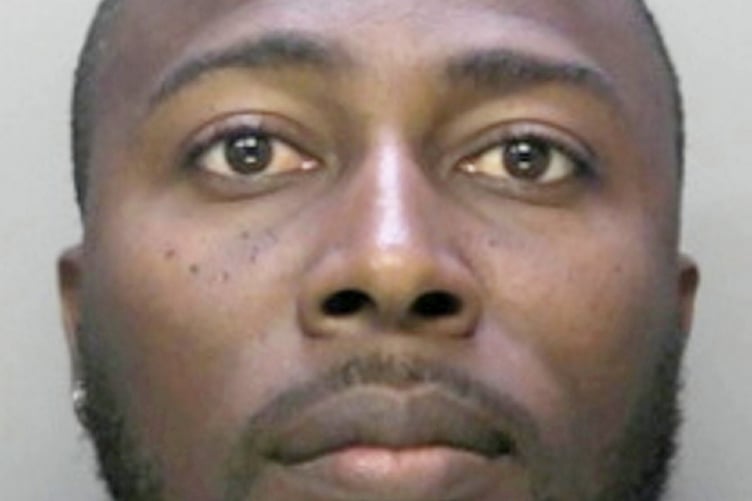
Others said they felt "ashamed" at having been scammed, saying it had "ruined" their lives and that they still hadn't told their families.
Five members of the fraud gang - Kwabena Edusei, George Melseaux, Fawaz Ali, Michael Quartey and Ebenezer Tackie - were handed prison sentences for their involvement in the fraud following a six-week trial at Guildford Crown Court earlier this year.
The court heard that the wider organised crime group is believed to have used at least seven false identities to defraud a total of 99 victims, who lost a total amounting to £1.8m.
A total of £2.37m was laundered by Edusei, Melseaux, Ali, Quartey and Tackie from the proceeds of this romance fraud and other fraud offences.
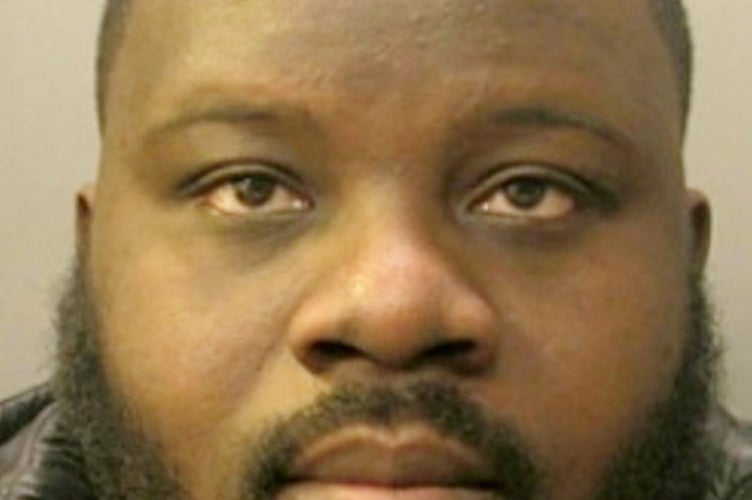
The romance fraud victims - almost all of whom were women - entered into what they believed were genuine relationships which formed similar patterns, the court heard.
Contact began via a dating website, which later moved to WhatsApp, with occasional video or voice calls but no face-to-face meetings.
Declarations of love and commitment were given at an early stage, but with a business transaction to be completed before any meeting could take place.
The court heard the majority of the transactions were conducted in the UK, though some overseas victims were identified throughout Europe, the USA and Australia.
The fraudsters used a variety of reasons to trick their victims into sending what were sometimes "very large" payments, on the understanding that the money would be paid back with interest once the lucrative business venture was completed.
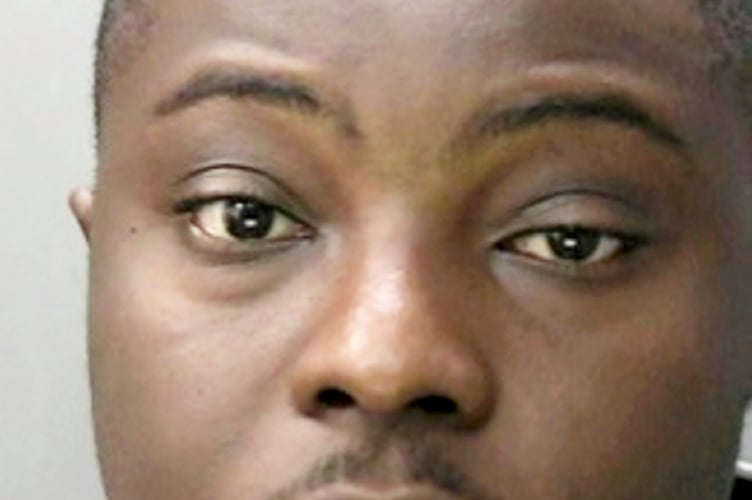
Money was also requested for a range of other apparent emergencies, such as the loss of a wallet or legal bills which had to be paid before the individual could return to the UK.
These claims were often also supported by false documents, passports, legal letters and photographs, with the fraudsters coercing and controlling their victims by exploiting their vulnerabilities.
It later transpired that these women were in contact with false identities being managed by fraudsters, who then used a network of individuals running multiple bank accounts to launder the proceeds.
As investigations progressed, it became clear that the criminality went beyond the losses of the victims who had reported crimes, with the examination of bank statements and ‘chat data’ from seized mobile telephones revealing links to a wider organised crime group.
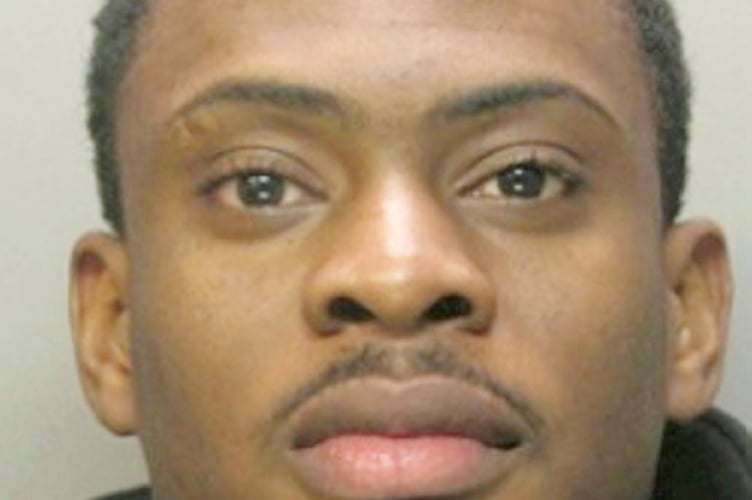
It became clear that the defendants were active participants in this crime group, with proof that they were linked to each other found in bank transfers, receipt of funds and on phones.
Edusei, 37, from East Finchley in North London, admitted to being responsible for and controlling at least one of the fake identities used to create fake dating profiles between 2017 and 2024.
He was later found guilty of being involved in the operation of three further fake identities during this same period.
Communication with others on Ali’s phone revealed he had access to the details of at least 150 bank accounts in other people’s names, as well as a tutorial on how to commit fraud and advice on what to say if challenged by a bank.
During the group's sentencing hearing, statements from some victims were read out in court, highlighting the devastation their crimes had caused.
“I lost my home as I could not keep up with the cost of rising bills," one victim said.
“I feel so embarrassed and ashamed that I was scammed, so I have not told anyone about this and have lied to my family and friends.
“I am very wary when any man tries to get close to me as I always wonder if he will try and scam me.”
Another victim said: “It’s ruined me as a person. It took years for me to start to trust anyone again.
“How can people live with themselves after the hurt they create and the long-lasting damage they leave behind?”
Investigating officer Detective Constable Sarah Shaw, from Surrey and Sussex Police’s Economic Crime Unit, explained that the fraudsters gained their victims' trust by building a relationship with them.
She said: “This was a very lengthy and complex investigation, which involved victims who all fell prey to the manipulation and cruelty of this organised crime group.
“While only 40 victims reported the fraud, most of whom went on to provide statements, our enquiries show that there were at least another 59 who were conned.
“Romance fraudsters gain their victims’ trust and build a relationship with them.
"They make everything about the romance feel normal, but their aim is to get money or personal information.
“They create a story that sounds believable and start the relationship in a normal way.
"However, the relationship quickly becomes very intense, with the victim being bombarded with declarations of love.
“The fraudsters then invent a problem or situation where they urgently need financial help and manipulate the victim into believing that if they don’t help, there will be dire consequences for the fraudster.
"They will send the victim fake passports, bank accounts with large balances and photos to support their story.
"If the victim states they cannot help, then the fraudster uses emotional blackmail until they comply and send the funds through fear of losing the romantic connection.
“They always find an excuse not to meet you in person. Sometimes, the fraudster will say they need money for an urgent medical operation or an ill family member.
"They may say they need to pay off a debt or that there’s a time critical situation to encourage you to act quickly.
"It might feel like only you can help them, and you may feel a sense of responsibility to do so.
“No one should ever send money or disclose personal information to someone they meet online."
“Please remember: if you believe you are a victim of romance fraud, it’s not your fault.
"But please report it to us or tell a friend or a family member. You can also report anonymously via the Crimestoppers website or by calling 0800 555 111."
Edusei, and Melseaux, 41, from Hounslow in West London, both pleaded guilty prior to trial.
Edusei admitted charges of conspiracy to defraud, in relation to operating at least one of the false identities, and was later found guilty of operating a further three false identities.
He also pleaded guilty to money laundering the proceeds of romance fraud, making articles for use in fraud and possession of identification documents for improper use, and was jailed for seven years and ten months.
Melseaux admitted money laundering in relation to money received directly from romance fraud victims and via other members of the organised crime group, and was jailed for three years and nine months.
Fawaz Ali, 27, from London, was found guilty of one count of money laundering in relation to money received from a romance fraud victim and one of laundering hundreds of thousands of pounds from other forms of fraudulent activity following a trial at Guildford Crown Court in April.
He was sentenced to four years and ten months in prison.
Following the same trial, Michael Quartey, 38 and from London, and Ebenezer Tackie, 42 and from Alton, Hants, were convicted of two counts of money laundering each in relation to money received directly from romance fraud victims via other members of the organised crime group.
They were jailed for five years and six months and four years and six months, respectively.
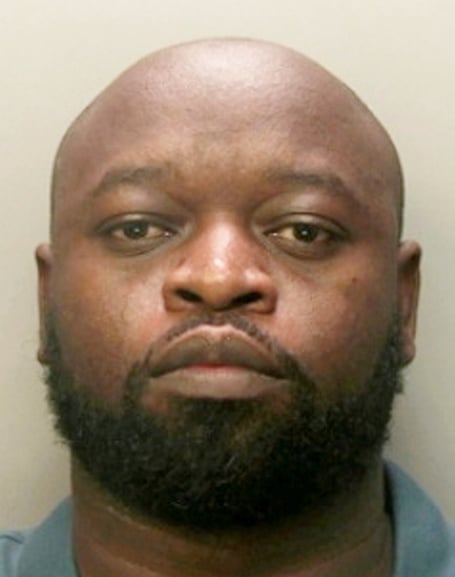


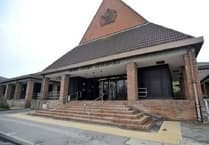

Comments
This article has no comments yet. Be the first to leave a comment.